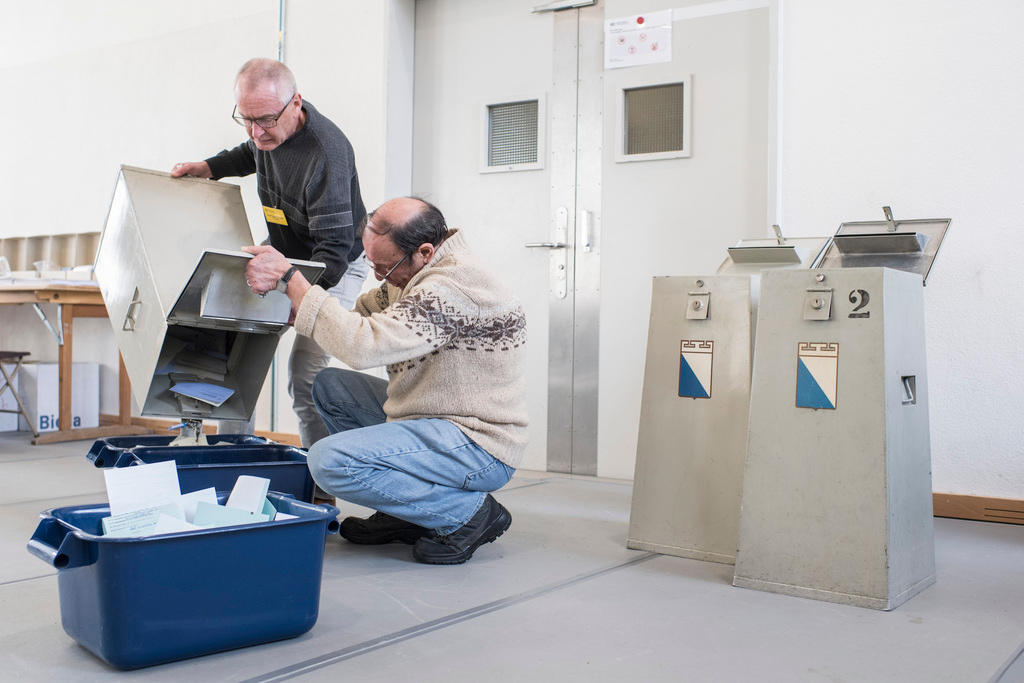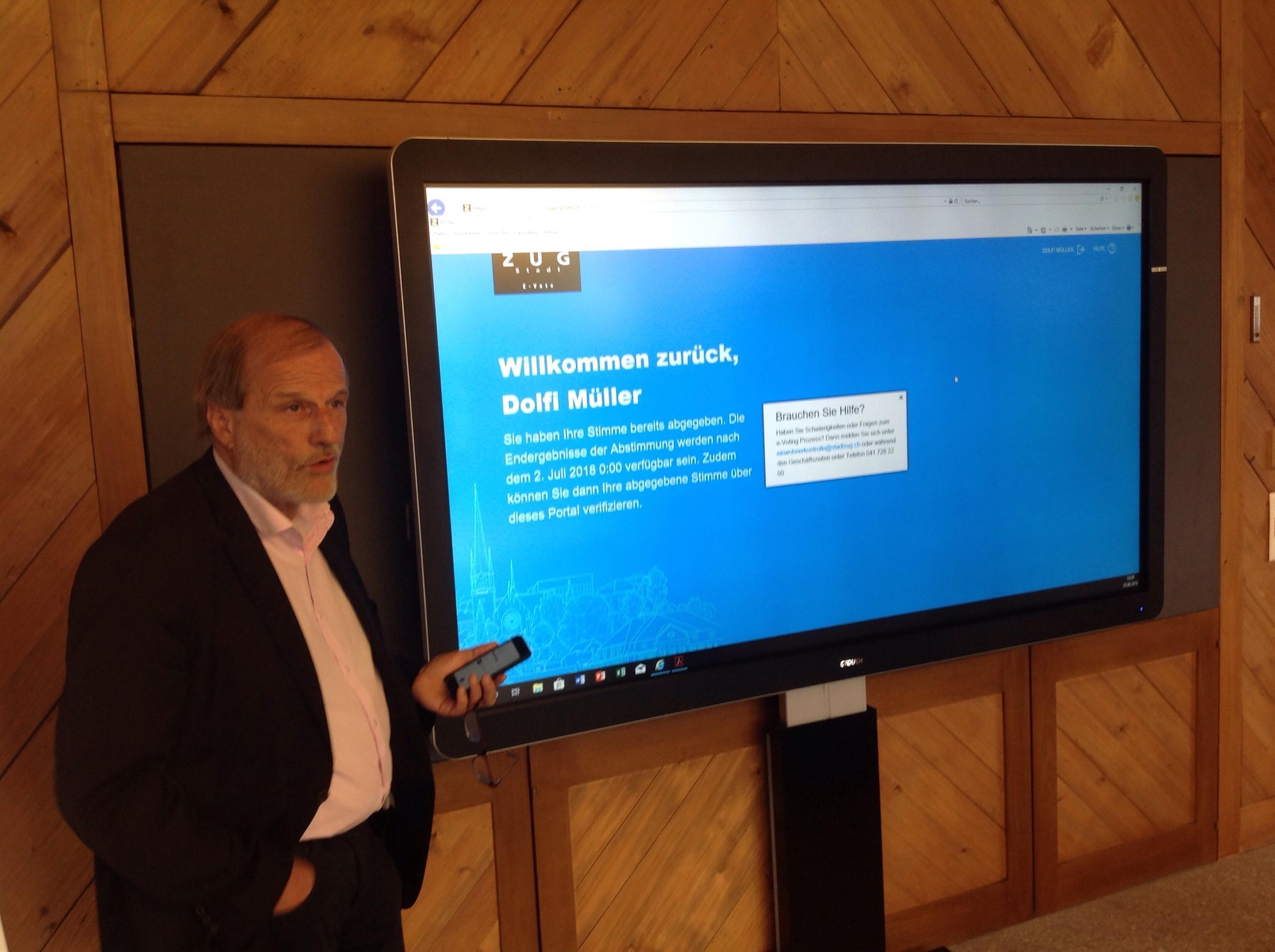
Switzerland unveils second blockchain voting system

Hard on the heels of Zug’s blockchain voting trial comes a new system from Lausanne’s Federal Institute of Technology (EPFL) that claims to provide a tamper-proof method for conducting e-voting.
Researchers say the EPFL blockchain system guarantees both the anonymity of voters and a secure digital method of casting and counting votes. The latter processes are carried out by several separately managed machines – or nodes – rather than a central authority, thus diluting the risk of vote manipulation from hackers or other malicious actors.

More
Swiss blockchain voting platform begins trial
This is achieved by requiring a majority of nodes to agree that the data contained within the system is accurate. If anyone tries to change a vote, they would have to fool numerous independent checkers rather than one. A would-be hacker would also be confronted with having to get through the defences of several parties rather than one centralised point of entry.
Blockchain generates unique codes – or private keys – for each user (in this case voter) that protects their identity. Such a system allows users to retain control over their private data, preventing its misuse by third parties.
E-voting drive
EPFL says it will make its system available to the public on open source via its Center for Digital Trust (C4DT) platform. The centre was created in December 2017 to develop digital data-protection, encryption, machine learning and blockchain systems in tandem with research institutions, industry, the public sector and civil society.
“At the moment, the only thing competing sides or the international community can do in contested elections is to send in observers,” said C4DT executive director Olivier Crochat in a statement. “Yet with this decentralised approach to e-voting, anyone can verify the data and prove that the election was not rigged.”
A blockchain voting trial was unveiled in the Swiss town of Zug on Monday, which will run until July 1. The non-binding vote asks citizens a series of survey questions. While the vote results will carry no impact, the blockchain system could be rolled out to cover public votes on more weighty issues if it achieves a satisfactory level of performance in the pilot phase.
Also this week, the government said it wanted to enshrine e-voting into law as an alternative to paper ballots. The cabinet had previously set a target of having e-voting in at least 18 of Switzerland’s 26 cantons by October 2019.
The moves have met with some political opposition from critics who fear that digital voting could be prone to vote rigging hackers.

In compliance with the JTI standards
More: SWI swissinfo.ch certified by the Journalism Trust Initiative






























You can find an overview of ongoing debates with our journalists here . Please join us!
If you want to start a conversation about a topic raised in this article or want to report factual errors, email us at english@swissinfo.ch.